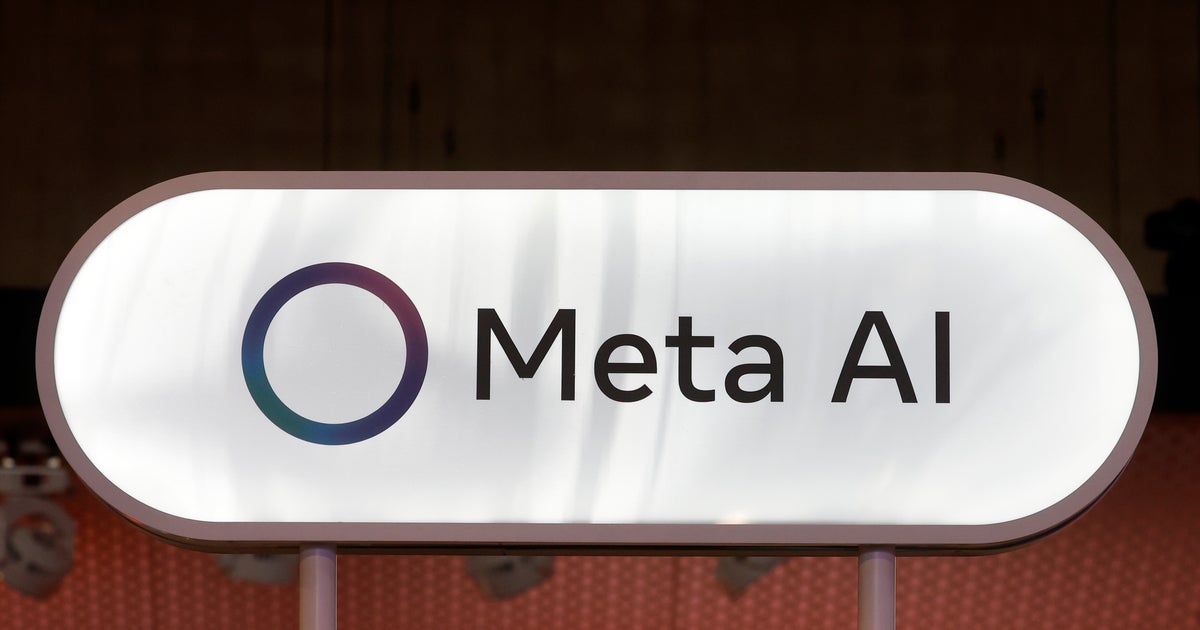With Meta AI App, You Can ‘Discover’ People’s Wildest Thoughts — But Are You Unknowingly Sharing Yours?

I opened Meta AI today and was confronted with a woman’s voice asking the app about details for pressing domestic abuse charges with the question, “In Indiana, if a wife does not want to press charges for abuse, can the state?”And I wonder if she knew that me, a stranger living in New York, would hear her intimate question.
If you want to read some of the people’s wildest hopes, creative dreams and anxieties, go to the “Discover” feed of Meta AI app, the tech company’s standalone chatbot app.
On Meta AI’s “Discover” feed, users’ questions and ideas with the chatbot app are public for anyone to see. This “Discover” feed is similar to a social media feed and can show users’ prompts, conversations and image requests that other users are asking Meta AI.
Meta AI interactions can range from tame casual requests for free ideas of what to do for date nights and the best time to eat a burger for digestion to revealing details about people’s personal situations and marriages.
Look long enough and you can find personal quirks from people you may rather not know, but now can’t unlearn. I saw someone workshopping an anniversary post on the “transformative power of love in an arranged marriage.” I personally wish I could unsee what a “busty anthro in the hot springs” looks like, but now I can’t unsee what a sultry humanoid fox with large breasts looks like.
Meta’s blog post on the AI app states that the “Discover” feed is a space to explore how others are using the app and get ideas on the best prompts. But when I used the app, I didn’t feel inspired — I felt sad. I wished the people sharing their anxieties, creativity and vulnerable questions could talk to a human instead of an app owned by a tech conglomerate.
Sometimes, the “Discover” feed can also reveal depressing fears, like a person claiming to be a 72-year-old worrying about sleeping on the sidewalk, as Business Insider documented.
It’s unclear if some of these posts are trolling the platform after news outlets reported on the bizarre conversations people were asking Meta AI, but there are a significant amount of seemingly sensitive and private prompts and conversations to Meta AI that you can find on the “Discover” feed.
Meta said in an emailed statement to HuffPost that users’ chats with Meta AI are private unless users go through multiple steps to share them on the Discover feed that include tapping “Share” and affirmatively tapping to post.
If you use the Meta AI app today and try to post publicly, you will first read a warning that “Prompts you post are public and visible to everyone” before you share.
On Meta AI, you also have the option to link your Instagram or Facebook account to your Meta AI posts, which can make your identity even more visible.
If you feel exposed by your past public conversations with Meta AI, you can also change the setting to be more private. To do that, go to “Settings,” then “Data & Privacy.” Select “Manage your information,” and then “Make all public prompts visible to only you.”
If you choose to share intimate details with an AI chatbot, be careful about posting publicly.
For critics, Meta’s steps and warning of visibility are clearly not enough user education.
“Obviously the [Meta] disclaimer wasn’t enough to stop people from sharing very private things. If Meta is going to do this kind of thing, they need a lot more to truly educate their customers,” said Gary Marcus, an emeritus professor of psychology and neural science at New York University.
Jennifer King, a privacy and data policy fellow at the Stanford University Institute for Human-Centered Artificial Intelligence, said people might be sharing seemingly private details publicly because people are used to using a search bar interface “that never appears in a public place” and in this way, Meta’s “Discover” feed is “breaking a norm.”
“A very unsophisticated user may just assume that the only people who can see what they post on a newsfeed are the people they’re friends with,” she said, suggesting that Meta should do “more signposting” to educate users.
Thorin Klosowski, a security and privacy activist for the Electronic Frontier Foundation, also noted that one reason people might share more than they might otherwise publicly is because the “Discover” feed is a “novel feature.”
“Like with a lot of new technology, people need some time acclimating to what ‘private’ means to them, and if they haven’t looked at that firehose discovery feed, they might not think through what ‘public’ means in this context,” he said.
Meta did not respond to HuffPost’s questions about what, if anything, it is doing to address privacy concerns about the “Discover” feed. Following its reporting on bizarre conversations, Business Insider reported that Meta had updated the public prompt step to now read, “Prompts you post are public and visible to everyone. Your prompts may be suggested by Meta on other Meta apps. Avoid sharing personal or sensitive information.”
Whether you love or hate the app, expect Meta AI to grow. The company’s CEO recently announced that Meta’s AI assistant has reached 1 billion users across the company’s platforms.
The one thing you can control with these AI apps is to always double-check what you post and understand that a “public” share setting typically does not just mean the friends you follow on social media ― it can mean strangers on the internet, too.

Comments are closed.